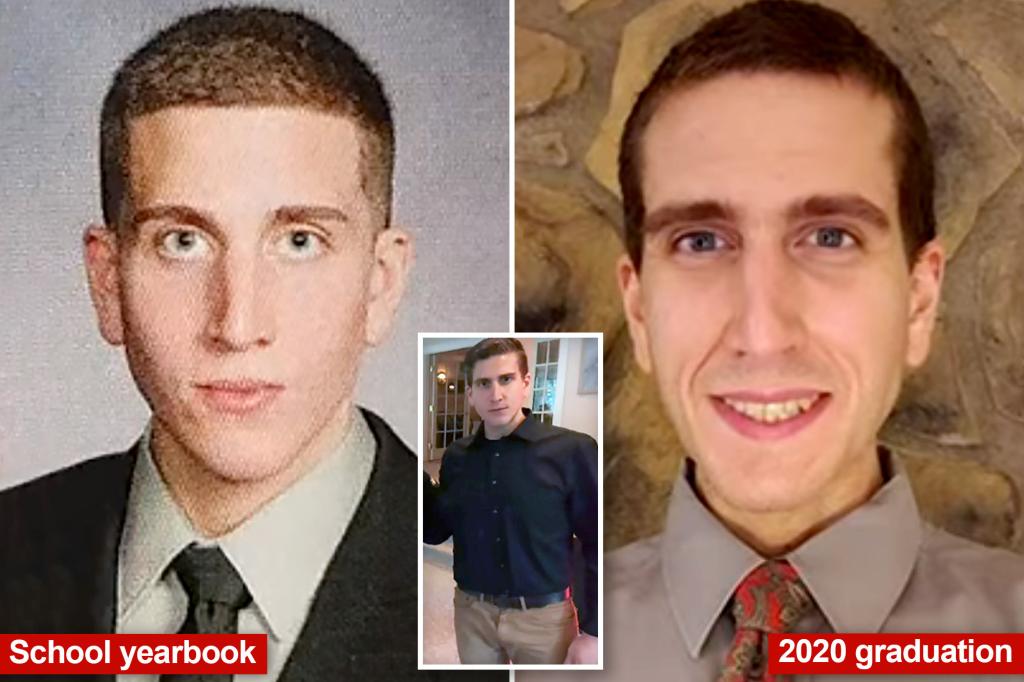Taffy550
Well-Known Member
- Joined
- Sep 18, 2012
- Messages
- 153
- Reaction score
- 1,760
<modsnip: Sleuthing family members is not allowed> He will probably be ordered to take a phyc evaluation and be put on a phyc hold by the court. We may never know why he did this. I hope not. I hope he is mirandized and starts singing like a birdy. He could think he is smarter than everyone and likes the attention and will talk. I am just so happy they got him. Jmoo Sad and happy for the families, friends and the community.
Last edited by a moderator:

